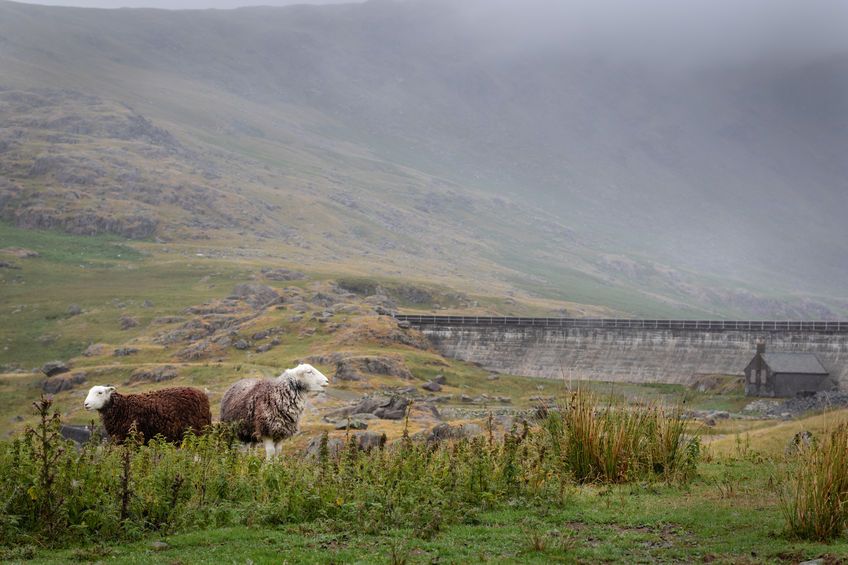MPs told by farming industry to prevent 'catastrophic' no deal Brexit

The farming industry has urged MPs to take steps to avoid a no-deal Brexit, which could see 'catastrophic' impacts for the nation’s food and farming sector.
The four UK farming unions have sent a letter to all MPs on Thursday (10 January) ahead of the meaningful vote on the Prime Minister’s deal on Tuesday 15 January.
The organisations highlighted the 'serious implications' a no-deal Brexit could have for the industry and urged them to ‘take all the steps necessary to avoid such a departure coming to pass’.
The four UK farming unions, which consists of the NFU, NFU Cymru, NFU Scotland and Ulster Farmers’ Union, highlight how there could be 'huge disruption' as a result of an effective trade embargo on the export of UK animals and animal based products.
In 2017, 31% of domestic sheep meat production was exported and 94% of that was destined for the EU, using carcase weight equivalence this equates to a staggering total of around 4.5 million sheep.
Other sectors are equally as reliant on EU outlets and face similar issues including cull cows, cull sows and trade in live chicks.
The unions also highlight how affected sectors face particularly high customs tariffs on exports. For example, the effective EU tariff would be 65% on beef, 46% on lamb and 27% on chicken.
Impacts on UK production could be severe as a result of the Government potentially choosing to unilaterally lower the UK’s import tariffs to control food price inflation, resulting in the UK market being open to imports of food produced to standards lower than that produced by UK farmers.
'Disorderly Brexit'
In the letter to MPs, the organisations said Parliament must recognise the 'severe impact' no deal will have on food and farming.
“Brexit will mean that, for the first time in a generation, UK politicians will have direct responsibility for ensuring our nation is properly fed,” the unions said.
“Yet, in the face of this fundamental responsibility, there is a very real risk that a disorderly Brexit will lead to an immediate reliance on overseas imports, produced to lower standards, while many UK farms struggle to survive.
“The implications, not only for domestic food supply but for the careful management of our cherished countryside, would represent an historic political failure.”
The unions added: “Our organisations remain committed to playing their part in managing Brexit in the best interests of farmers and the UK public in the years ahead, but we believe that leaving without a deal on March 29 will lead, very quickly, to the opposite outcome.
“We urge MPs, in light of the central role Parliament will play in the coming days in resolving this impasse, to recognise the severe impact No Deal will have and to take all steps necessary to avoid such a departure coming to pass.”
'World of opportunity'
The NFU has been clear that the UK leaving the EU without a deal would be 'catastrophic' and is 'not an option' for UK agriculture.
In December, the union brought more than 70 representatives from the agri-food supply chain together to discuss the impacts of the UK leaving the EU without a deal in place.
Leading rural organisations the Country Land and Business Association (CLA) and the Tenant Farmers Association (TFA) have also written to MPs urging them to ensure that a 'no deal' Brexit is removed from the negotiating table.
However, some public figures have been critical of Theresa May's Brexit deal. Former Defra Secretary, Owen Paterson said her deal traps Britain in the EU's “failing museum of farming,” and that it would forfeit the UK’s regulatory independence and see it “yoked to the EU’s extreme technological risk aversion.”
Mr Paterson's comments follows a speech given by Defra Secretary Michael Gove last week, who said leaving the EU provides farmers with a “world of opportunity”.
Whilst he acknowledged that May's Brexit deal “isn't perfect”, he said it will allow a 21 month transition period in which current market access is “completely unaffected”.








